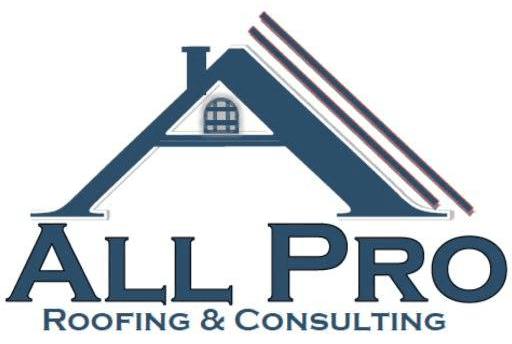How Do I Know If I Need A New Roof?
In regards to asphalt shingles in the Southeastern U.S., many people ask me how they can tell if they need a new roof or not. I hear from homeowners things such as:
- "None of my neighbors have had to have their roof changed yet, so I probably don't either"
- "My roof isn't leaking, so it's fine"
- "My house is only 12 years old and I have 30-year architectural shingles, so I know it's not ready"
These beliefs, and many more, often cause homeowners to wait longer than they should when it comes to re-roofing their home. Let's take a look at each one of these thought processes, and bring logic into the picture.
"None of my neighbors have had to have their roof changed yet, so I probably don't either".
The fact of the matter is that most roofs are different from each other. Even when homes of the same floor plan are built in the same neighborhood by the same builder at the same time, each of these individual roofs can age and or perform differently than one another. Here is a sample list of some of the factors that may cause similar roofs to age differently:
a. Different Brands of Shingles
Sometimes builders will buy whatever is the cheapest product they can get at the start of each home. Different brands can perform and age differently.
b. Different Roof Elevations
Similarly built homes, even those with the same floor plan, can have different shaped roofs. One might have decorative dormers or gables, while another may be a full hip roof (all eaves are parallel to the ground). Different roof elevations can vent and or hold heat differently. Ventilation is a key factor in the lifespan of a roof.
c. Shade Factors
Shade trees, properly situated, can help extend the lifespan of a roof by blocking direct sun and heat. In hotter climates, heat can be among the worst of enemies for asphalt shingles.
Shade trees that are situated too close to a home, or overhanging the roof, can cause shingles to become deteriorated. Also, there is a risk of falling branches and limbs which can cause severe damage to even the newest of roofs.
"My roof isn't leaking, so it's fine"
Leaky roofs are only one of many signs that it is the right time for a re-roof. Think of it this way ... You don't wait until you hear metal clanging around in your vehicle's motor before you change the oil, so why would you wait until you have roof leaks before you change your roof?
Once a roof begins to have leaks and other problems, your re-roof project will most likely cost you more money than normal, due to rotten wood, wet insulation, deteriorated plaster or drywall, etc. Not to mention, roofing rarely gets less expensive as time goes on. Most likely, the longer you wait, the more it will cost, for many reasons.
"My house is only 12 years old and I have 30-year architectural shingles, so I know it's not ready"
This is a common misconception. The number of years associated with a shingle have much more to do with the warranty rather than the expected lifespan.
In fact, there is a good chance that those same "30-year Architectural Shingles" are being marketed by the manufacturer today as "Lifetime Architectural Shingles," and sometimes with little to no change. Breaking down a shingle warranty; now that's a subject for another time!
A properly installed roof covering, comprised of a complete manufacturer's "System," proper ventilation, and a well-designed roof shape can yield a roof that will last for many years longer than one in which shortcuts are taken and or corners are cut in order to keep costs down.
Everyone wants a good deal, you have to decide what that means to you. Is a good deal a cheap roof that may last 10-15 years? ... or one that may cost 20% more but last twice as long with a more complete warranty?
Check a Roofing Contractor's credentials. Remember, the best shingle in the whole world won't amount to much if it isn't installed properly. Look for a Contractor who is not only State Certified, but also certified with a reputable shingle manufacturer.
Often times, this manufacturer certification will enable your contractor to extend an enhanced warranty to you that may include more complete warranty coverage from the manufacturer rather than that manufacturer's standard warranty.
For most Americans, your home is your most valuable investment, treat it that way starting at the top!
